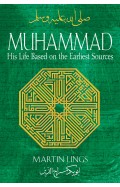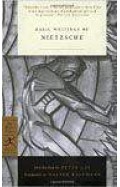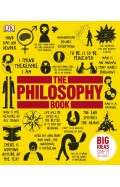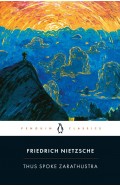- Home
- Online Book Bazar Up To 60%
- 10% OFF
- The Return of the God Hypothesis - Compelling Scientific Evidence for the Existence of God
The Return of the God Hypothesis - Compelling Scientific Evidence for the Existence of God
By: Stephen C. Meyer
-
Rs 5,215.50
- Rs 5,795.00
- 10%
You save Rs 579.50.
Due to constant currency fluctuation, prices are subject to change with or without notice.
The Return of the God Hypothesis - Compelling Scientific Evidence for the Existence of God
By: Stephen C. Meyer
Rs 5,215.50 Rs 5,795.00 Ex Tax :Rs 5,215.50
Zubin Mehta: A Musical Journey (An Authorized Biography)
By: VOID - Bakhtiar K. Dadabhoy
Rs 840.00 Rs 1,050.00 Ex Tax :Rs 840.00
Muhammad: His Life Based on the Earliest Sources Paperback
By: Martin Lings
Rs 1,300.00 Ex Tax :Rs 1,300.00
The Quest For Meaning: Developing A Philosophy Of Pluralism
By: Tariq Ramadan
Rs 1,116.00 Rs 1,395.00 Ex Tax :Rs 1,116.00
Muhammad: His Life Based on the Earliest Sources Paperback
By: Martin Lings
Rs 1,300.00 Ex Tax :Rs 1,300.00
No recently viewed books available at the moment.
Zubin Mehta: A Musical Journey (An Authorized Biography)
By: VOID - Bakhtiar K. Dadabhoy
Rs 840.00 Rs 1,050.00 Ex Tax :Rs 840.00
The Return of the God Hypothesis - Compelling Scientific Evidence for the Existence of God
By: Stephen C. Meyer
Rs 5,215.50 Rs 5,795.00 Ex Tax :Rs 5,215.50
Muhammad: His Life Based on the Earliest Sources Paperback
By: Martin Lings
Rs 1,300.00 Ex Tax :Rs 1,300.00












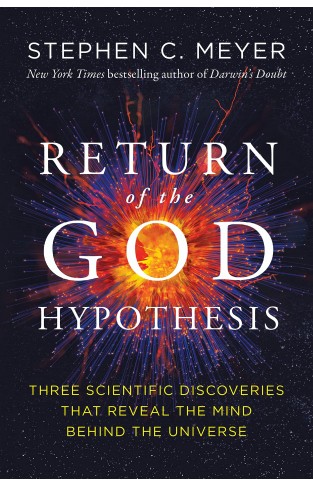
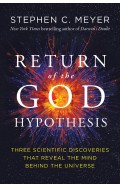
-120x187.jpg?q6)





